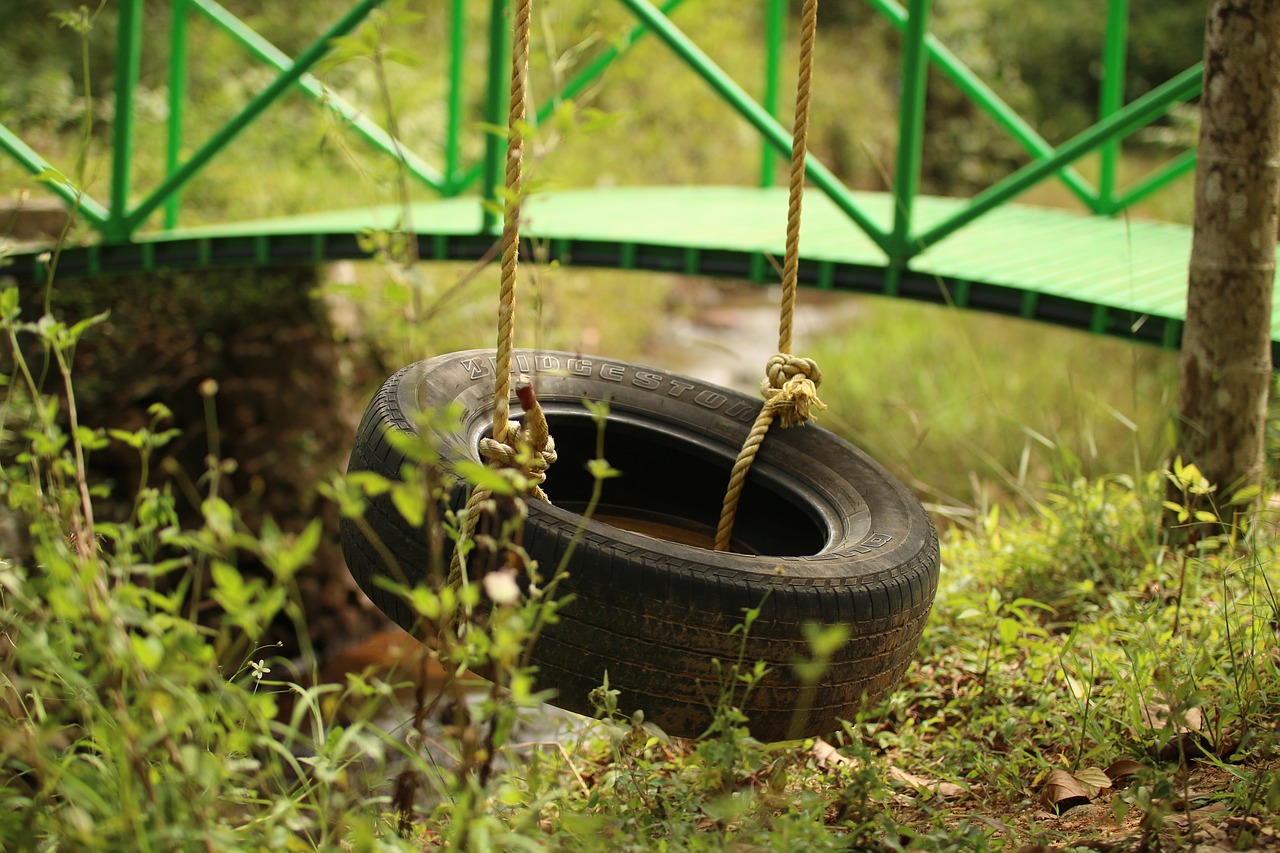Assessing the Role of Polling Stations in Ensuring Fair Elections
Polling stations play a crucial role in the democratic process by providing a physical space for citizens to exercise their right to vote. These stations serve as the cornerstone of democracy, ensuring that every eligible individual has an opportunity to participate in the electoral process. By offering a designated location for casting ballots, polling stations help uphold the principles of a representative government.
Additionally, polling stations serve as a vital means of fostering civic engagement and political participation among the population. By encouraging citizens to visit these locations and take part in the voting process, polling stations help promote a sense of civic duty and responsibility. Through the act of personally visiting a polling station to cast a vote, individuals are able to contribute to the overall decision-making process of their community and the nation as a whole.
The Function of Polling Stations in Voter Participation
Polling stations play a critical role in shaping voter participation. By providing a physical location for citizens to cast their ballots, these stations serve as the foundation of electoral democracy. Their presence ensures that individuals have a convenient and accessible means to exercise their right to vote. Without polling stations, the democratic process would be significantly hindered as voters might face challenges in finding a place to engage in the electoral process.
Moreover, polling stations contribute to the sense of community and civic engagement. By bringing together individuals from diverse backgrounds, these stations create a shared space where citizens come together with a common purpose—participating in the democratic process. This communal aspect of polling stations fosters a sense of belonging and collective responsibility among voters, thereby strengthening the fabric of society. Additionally, the presence of polling stations in local neighborhoods helps to decentralize the electoral process, making it more inclusive and representative of the population at large.
What is the role of polling stations in the democratic process?
Polling stations play a crucial role in the democratic process by providing a physical location for registered voters to cast their ballots during elections.
How do polling stations contribute to voter participation?
Polling stations make it more convenient for voters to participate in elections by offering a central location where they can easily access and submit their ballots.
Do polling stations help ensure a fair and transparent election process?
Yes, polling stations help ensure a fair and transparent election process by providing a secure and controlled environment for voters to cast their ballots without interference.
What measures are taken to ensure the efficiency of polling stations on election day?
Polling stations are staffed with trained election officials who are responsible for managing the voting process, verifying voter identities, and ensuring that all votes are cast and counted accurately.
Can voters access polling stations easily?
Yes, polling stations are typically located in easily accessible public buildings such as schools, community centers, or government offices to ensure that voters can easily find and visit them on election day.





